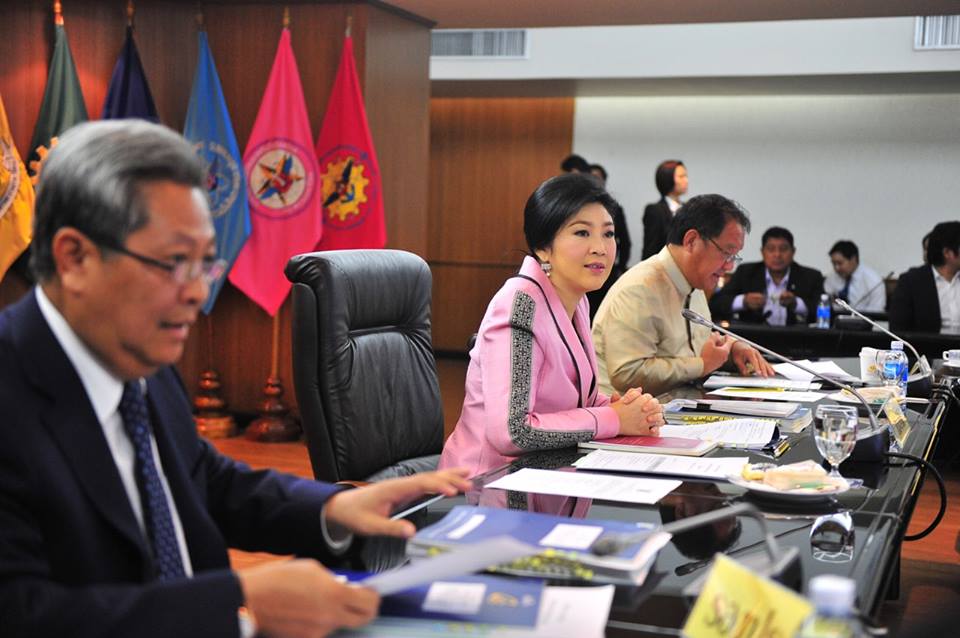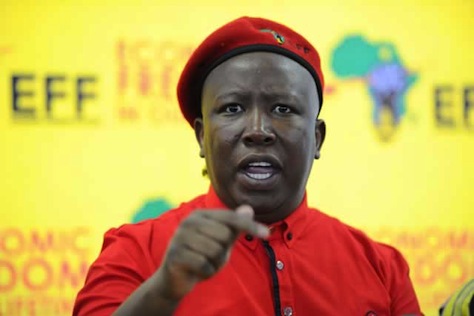In a deal designed to reduce political tension in Thailand and clear the way for a legitimate, democratically elected government, the country’s electoral commission and the current government of prime minister Yingluck Shinawatra have agreed to hold a new vote on July 20, following the invalidated February 2 elections that were boycotted by the Thai opposition.![]()
That doesn’t change the ultimate dynamic of Thai politics:
- Yingluck (and her brother, Thaksin Shinawatra, until his resignation and exile) and the ruling Pheu Thai Party (PTP, ‘For Thais’ Party, พรรคเพื่อไทย) seems remains so popular, especially among the relatively poorer north, that it holds a virtual electoral lock on winning reelection. So when Yingluck introduced an amnesty bill late last year, and her opponents launched anti-government protests, she called snap elections for February.
- The opposition Phak Prachathipat (Democrat Party, พรรคประชาธิปัตย์) haven’t effectively broadened their appeal to win power on purely electoral terms, which explains in large part why the DP’s leadership so quickly boycotted the February vote.
- That boycott was thinly veiled attempt at induce military intervention to topple Yingluck and install a ‘technocratic’ government much friendlier to Democrat policies and that would likely include Democrat leaders. Though it’s happened in the past, (most recently in 2006 and, arguably in 2008), Thai military leaders are increasingly unenthusiastic about staging coups, much to their credit.
Abhisit Vejjajiva, the Democrat Party leader and a former prime minister, hasn’t ruled out boycotting the elections again this summer. He’s called for a national political reform conversation as a means of guiding Thailand out of its decade-long political impasse.
* * * * *
RELATED: What protesters in Ukraine and Thailand are getting wrong
* * * * *
Taken together, these three factors are responsible for the political stalemate that has existed in Thailand since 2001. Yingluck and her ‘red shirt’ supporters can count on winning any free and fair elections for the foreseeable future, but they’re limited by the recalcitrance of the Democrats and their ‘yellow shirt’ supporters, whose refusal to engage in normalized democratic politics has left military intervention as a real (if shrinking) possibility.
That doesn’t bode well for Thailand’s economy or for the income prospects of its nearly 67 million citizens.
If the July elections proceed in an orderly fashion, however, they will determine all 500 members of the House of Representatives, the lower house of the Ratthasapha (National Assembly of Thailand, รัฐสภา), the lower house of Thailand’s parliament.

